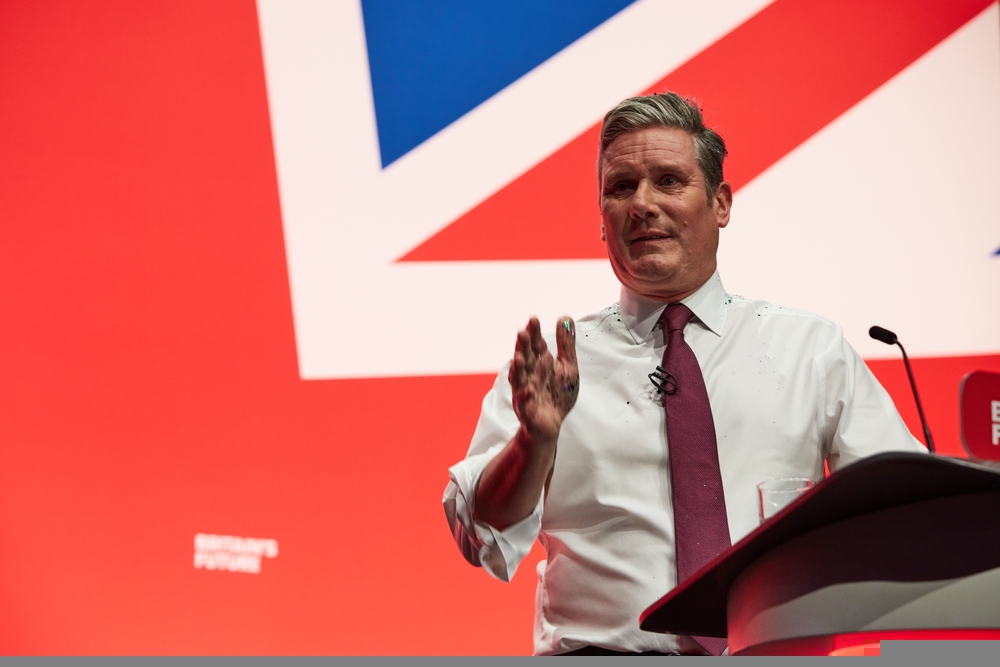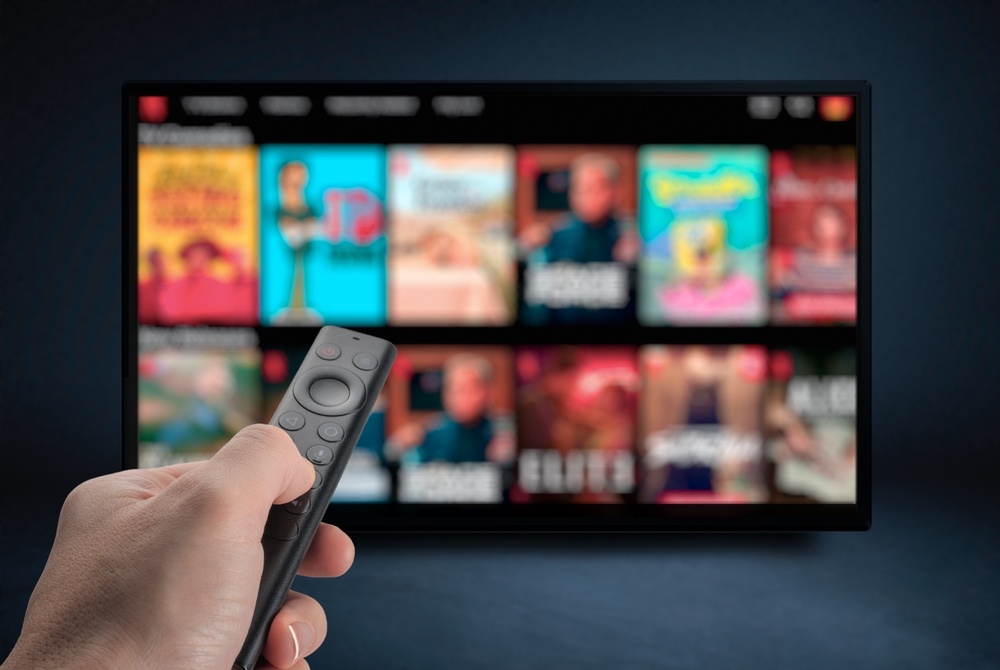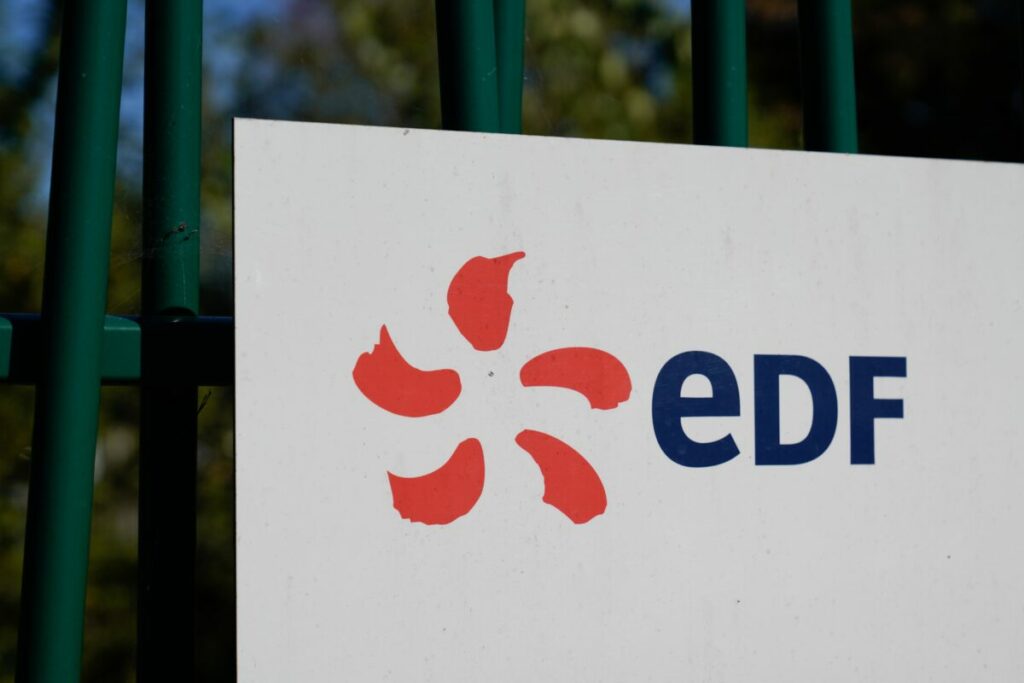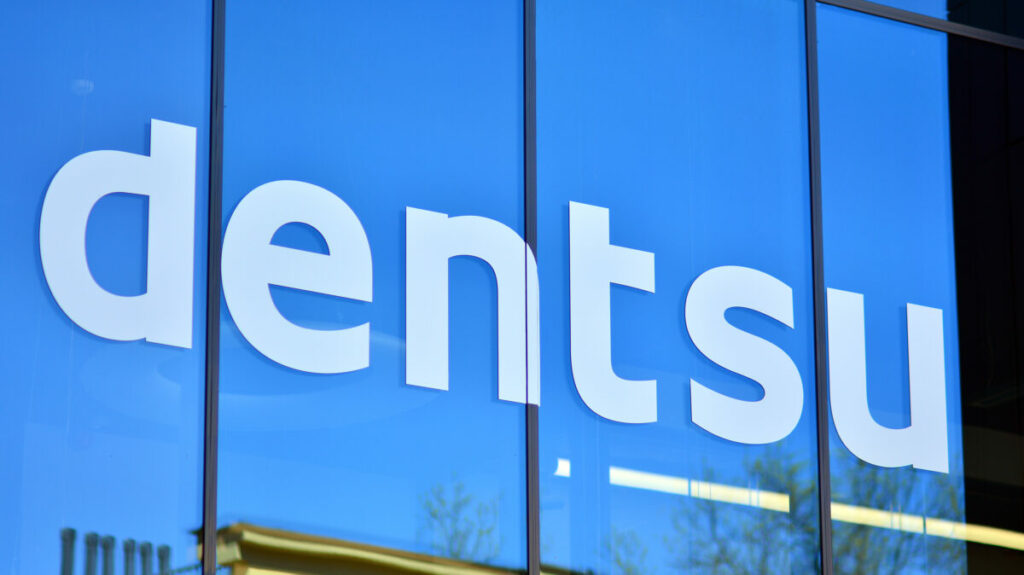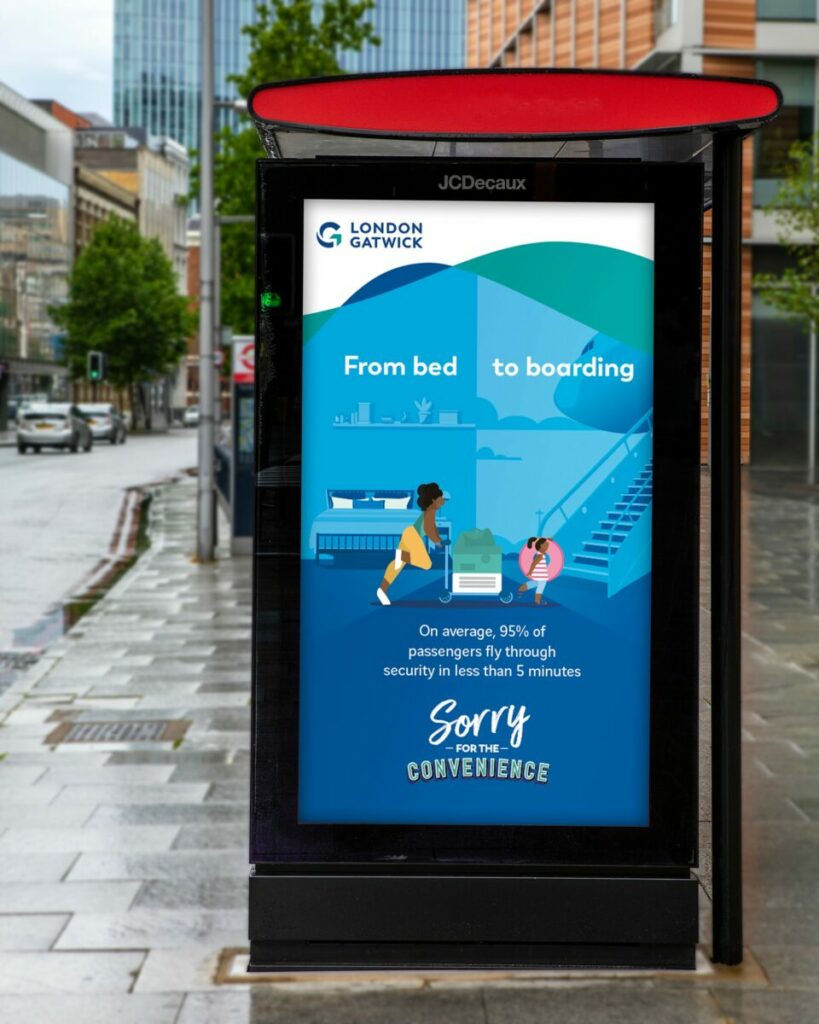In the digital era, content creators have real power – and that’s something everyone from brands to politicians is keen to tap into.

The Labour Party recently appointed a dedicated member of the team to work with influencers and highlight its messages in TikTok and Instagram in a bid to court Gen Z voters.
As we move beyond the local and London mayoral elections, creators of all sizes and forms could play a key role in driving engagement with the electorate. It’s no surprise political parties are exploring new tactics to reach out to elusive younger audiences, and anyone looking to engage with this demographic should be taking note of it too.
The News Movement editorial director Becca Hutson explains why a peer-to-peer storytelling approach is essential for building trust and – crucially – authenticity.
For politicians and brands alike, connecting with young audiences can be a challenge for multiple reasons.
Firstly, they aren’t engaging with political news and conversations like other audiences – they’re not watching linear news or other traditional channels. In 2019, young people (18-34) spent only eight minutes with online news websites compared to older groups (22 mins). They have different – and high – expectations of what relatable and enjoyable content looks like, compared to older generations, with 60% getting their news from social media.
Few political parties have taken the trouble to properly invest in translating their message to cater to the needs of these voters when it comes to delivery, format or the insight provided.
New research from the Advertising Association shows that people are even less trusting of political advertising (27%) than commercial advertising (39%), which makes peer-to-peer conversations all the more valuable in getting your message across.
With Gen Z, authenticity is everything. And that’s something you can’t force. They can instantly catch if something is off and that’s why delivery is critical – in both the ‘who’ and the ‘how’.
If you want to enhance authenticity, the message has to be delivered in accessible, engaging ways by people who look and sound like the audience you are trying to reach. Enter the influencer.
Cutting out influencer jargon
The first step in creating an influencer strategy to target Gen Z audiences is forgetting all you know about communicating with older generations. This means actively ignoring the muscle memory of how to do political comms, news journalism or even brand messaging. Formal language, jargon, implausible and unnatural delivery won’t cut it – it turns information impersonal and faceless.
Subscribe to Marketing Beat for free
Sign up here to get the latest marketing news sent straight to your inbox each morning
To capture trust and attention, the messaging has to feel natural. Tone also matters – teach, don’t preach. What’s more relatable and trustworthy, a conversation with a friend, or a bulletin from a man in a grey suit sitting behind a desk?
That’s why working with influencers of all sizes is a great way to build connections with these audiences and enhance content. They can lend the credibility, language, and reach needed to bridge the authenticity gap. But it’s not as easy as that—building a good creator strategy takes work, from fine-tuning the messaging to identifying the right influencers. And bigger is not always better.
Brands shouldn’t mistake huge audiences and big profiles for a replacement for expertise. Gen Z audiences are highly attuned to misinformation, disinformation, and just plain bad information. While collaborating with creators with relevant experience is a great way to enhance storytelling, it’s not a replacement for genuine expertise and knowledge.
Unlike some older generations, Gen Z isn’t bored of experts. They are curious information seekers who actively fact-check and ask questions. For political organisations and brands looking to reach them this can be a real positive, but it can equally backfire with poorly planned engagement attempts, mis-matched influencers and sub-par information.
Part of the conversation
Gen Z are a net positive generation, despite what can often feel like an endlessly gloomy news cycle.
They are optimists about the world around them, and their power to change it for the better. Porous to information, they are responsive to what they hear – as long as they are included in the conversation and feel they have a seat at the table.
And that’s exactly what Labour is aspiring to do, reaching out to them on a grassroots level, demonstrating that it’s willing to adapt its tactics and meet these voters where they are, because they are an audience worth talking to.
That’s something brands should pay attention to.
When done right, working with creators and influencers of all sizes helps brands become, and remain, relevant, offering clear opportunities to build lasting, engaging relationships with the next generation of consumers and decision-makers.

